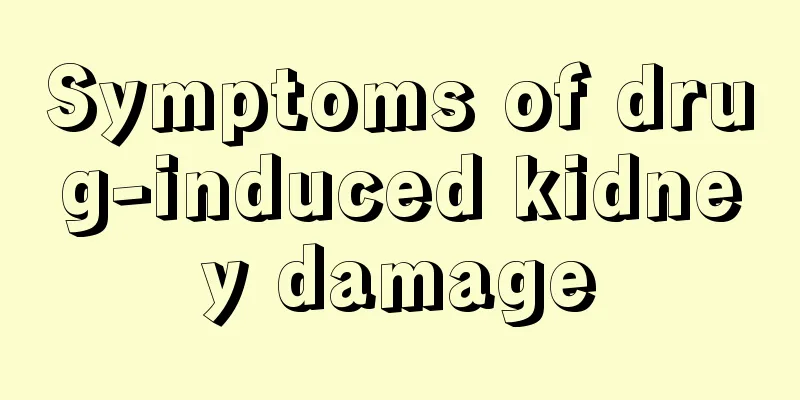What is the reason for dizziness and tinnitus when waking up early

|
Some friends will find that they feel dizzy and have tinnitus when they get up. There are many reasons for this situation, such as anemia, cerebral arteriosclerosis, cervical spondylosis, etc. may lead to such symptoms. 1. Dizziness caused by anemia Such as iron deficiency anemia, hemolytic anemia, megaloblastic anemia, etc., the blood supply in the human body is severely insufficient, leading to brain hypoxia, thus causing dizziness. There are many diseases that cause anemia, such as indigestion, peptic ulcer, gastrointestinal bleeding and chronic inflammation of the digestive system, which can be complicated by anemia and cause symptoms such as dizziness. Cerebral thrombosis causes dizziness. It is also because after arteriosclerosis causes stenosis of the intimal lesions of the arterial lumen, the distal part can still automatically adjust to reduce vascular resistance and establish collateral circulation to maintain "normal" blood flow, temporarily preventing cerebral thrombosis from forming. However, patients may still experience dizziness or vertigo. 2. Cerebral arteriosclerosis causes dizziness The inner diameter of the cerebral arteries becomes smaller, and the blood flow in the brain decreases, resulting in insufficient blood and oxygen supply to the brain, causing dizziness. In addition, patients often suffer from insomnia, tinnitus, emotional instability, forgetfulness, numbness in the limbs and other symptoms. Heart disease causes dizziness Such as rheumatic heart disease, congenital heart disease, hypertensive heart disease, coronary heart disease, myocarditis, etc., atherosclerosis occurs in the coronary arteries of the heart, causing myocardial ischemia, weakened blood power, and cannot be transmitted to the brain nerve center, causing cerebral ischemia or infarction. Therefore, in the early stages of heart disease, patients will experience symptoms such as headache, dizziness, weakness in the limbs, and difficulty concentrating. Low blood pressure causing dizziness Such as constitutional hypotension, physical hypotension, secondary hypotension, etc., the blood flow in the body is slow, causing ischemia of distal capillaries, thereby affecting the supply of oxygen and nutrients to tissue cells; the excretion of carbon dioxide and metabolic waste; especially affecting the blood supply to the brain and heart, and finally leading to a significant decline in body function and causing dizziness. |
<<: What is alcoholic liver disease?
>>: How to treat dizziness and tinnitus
Recommend
Can nasopharyngeal cancer be cured? What is the cause of the disease?
Before the Spring Festival, I went to the flower ...
Is the puncture result accurate?
Many diseases in life require puncture when they ...
The difference between Narcissus, Cinnamon and Dahongpao
Dahongpao is a particularly famous tea in China. ...
Is cooking in an aluminum pan harmful to the human body?
I wonder if you have ever paid attention to wheth...
I feel like there is air blocking my ears
People have many kinds of hearing problems. Some ...
How many cigarettes is the most suitable to smoke in a day
Smoking is a very common thing in our lives. Many...
What are urinary tract irritation symptoms?
Urinary tract diseases are very common in life an...
What should I do if there are many small cockroaches at home?
Many people may have experienced this situation a...
Myopia lens surgery, safe and effective
Many people suffer from myopia, especially myopia...
What should I do if my hemorrhoids are hard and painful?
Getting sick is a common thing, and hemorrhoids a...
What are the symptoms of lumbar tumors
There are many types of lumbar tumors, both benig...
What are the hazards of emergency contraceptive pills to the fetus
Although emergency contraceptive pills are effect...
What are the common symptoms of lung cancer? What are the manifestations of lung cancer?
Common symptoms of lung cancer include cough, spu...
Knee ligament sprain with effusion, you need to know how to deal with it
After a ligament sprain, you must go to an orthop...
What should I do if my right chin is tilted to the right
The phenomenon of half of the face being big and ...









